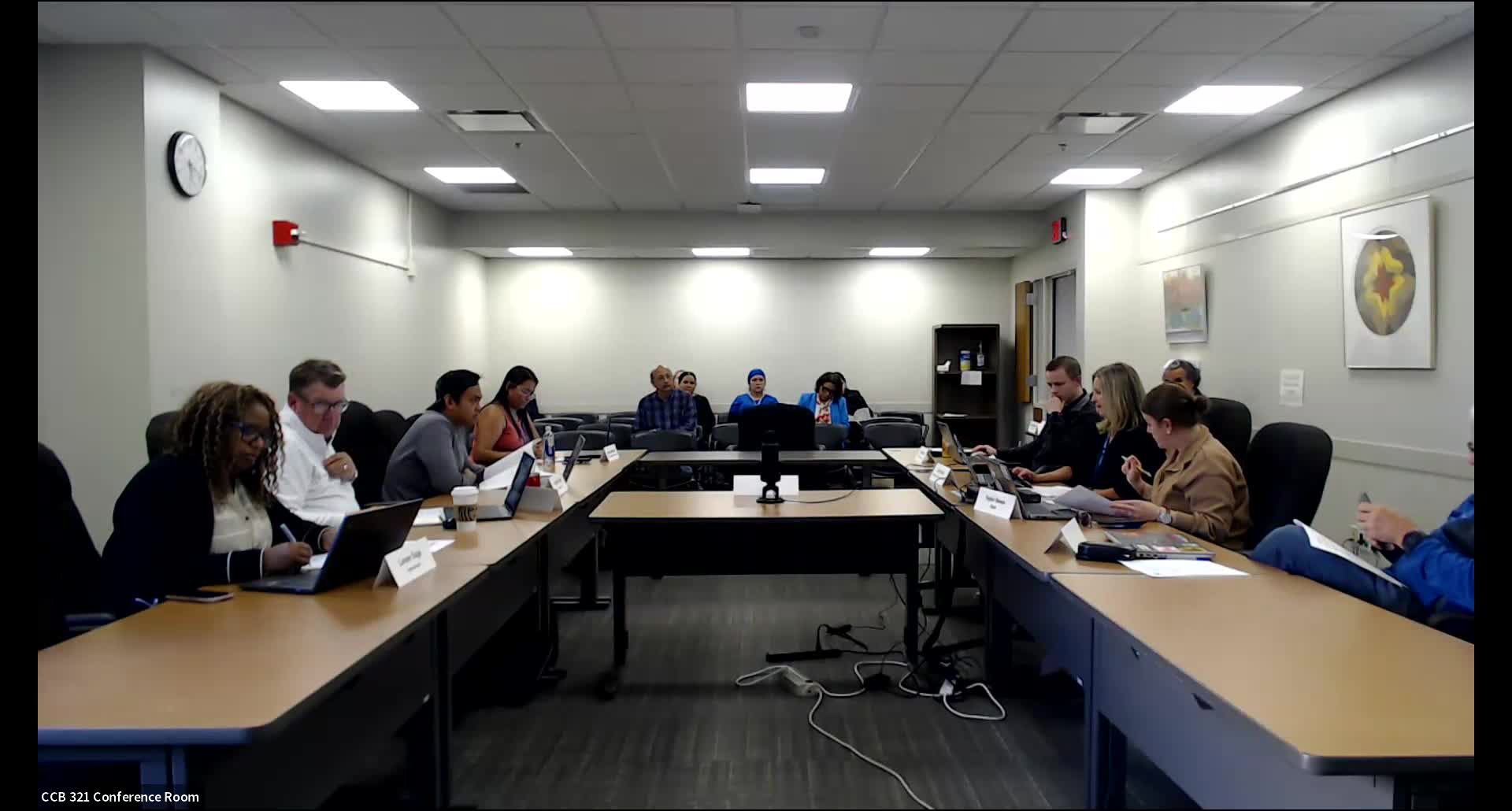Dane County edits 2026 CDBG/HOME preliminary funding; prioritizes Project HOME major repairs
Get AI-powered insights, summaries, and transcripts
Subscribe
Summary
The Dane County CDBG Commission voted to edit its preliminary 2026 funding recommendations, adding a $10,000 fair-housing allocation from CDBG administrative funds and placing Project HOME’s major home repair program first in line for any increase in CDBG or HOME funds after public comment that the program would otherwise go unfunded.
The Dane County Community Development Block Grant (CDBG) Commission on a virtual meeting (date not specified) voted to edit preliminary funding recommendations for 2026, adding $10,000 to the Metropolitan Milwaukee Fair Housing Council from CDBG administrative funds and adjusting funding contingencies so that Project HOME’s major home repair program would be first in line for any increase in CDBG or HOME funding.
Why it matters: Project HOME’s major home repair program, which provides roof replacements, foundation and accessibility repairs, and other higher-cost home rehabilitation for income-qualified Dane County homeowners outside Madison, was not funded in the initial preliminary allocations. Several public commenters and commission members urged the commission to find a way to restore or prioritize that program given its role serving elderly, disabled and low-income homeowners.
Staff explained the contingency process and federal timing. A staff member said the commission’s initial allocations are estimates tied to incoming federal awards from the U.S. Department of Housing and Urban Development (HUD). The county typically receives notice of CDBG and HOME awards in May, the staff member said, and then builds an Annual Action Plan to submit to HUD within 60 days for final approval and funding execution later in the summer.
Kendra Epler, finance manager for Project HOME, told commissioners she opposed the preliminary recommendations because Project HOME’s major home rehab program received no funding. “It provides critical home rehabilitation services to help income qualified residents maintain safe and stable homes, such as roof replacements and repairs,” Epler said. Another Project HOME representative said, “There will be no one to do major home repair in Dane County” if the program is left unfunded.
Several residents and nonprofit leaders urged reconsideration. Alan Ferguson, who spoke as a private resident and described having received major-home-repair assistance in the past, said the program had been life-changing for him and asked commissioners to restore funding. Media Martinez, executive director of Latino Academy Workforce Development, and Robin Ryan, executive director of Literacy Network, also spoke during the public-comment period about the community need for public services and adult-education programming and about how the review team used the applicants’ minimum-request amounts to stretch limited funds.
Commission discussion described the allocation tradeoffs. Commissioners noted that total requests across applications exceeded available funding (staff said applicants requested roughly $2.6 million while the commission had about $1 million to allocate across CDBG and HOME-eligible proposals). The application review team’s approach—funding as many eligible public-service applicants as possible at their minimum requested amounts—meant several well-scored programs nevertheless received no funding. Commissioners characterized the process as a zero-sum game: feeding one program requires reducing another.
To address the immediate concern about major home repair, the commission voted to edit the preliminary funding recommendation. The approved edit: (1) allocate $10,000 from CDBG administrative funds to the Metropolitan Milwaukee Fair Housing Council (the organization has a local office and will use the funds for fair-housing services in Dane County), and (2) change contingency language so that Project HOME’s major home repair would be first in line to receive any increase in CDBG or HOME funds (or both), up to the program’s minimum request.
The commission chair said edits made at this meeting would be included in the preliminary recommendation forwarded to the public hearing scheduled for Nov. 18, when final allocations will be adopted and the Annual Action Plan can be adjusted for HUD submission.
Votes at a glance: the meeting record shows the commission approved several procedural items and the funding edits described above. Motions carried by voice vote with no opposing votes recorded in the transcript.
Next steps: The commission will hold a public hearing on Nov. 18 to finalize funding recommendations. Staff reiterated that final disbursement timing depends on HUD’s award notice and annual-action-plan approval process; staff told commissioners the county typically receives HUD notice in May and funds are often available midyear, but exact 2026 timing is subject to HUD schedule.
